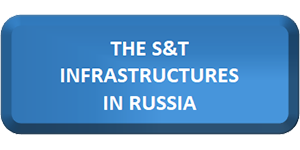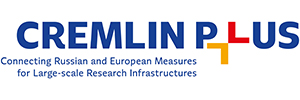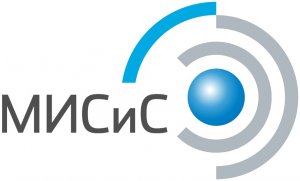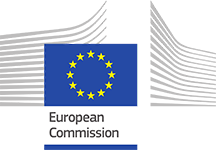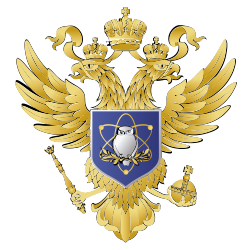



VI INTERNATIONAL FORUM «ARCTIC: TODAY AND THE FUTURE» ST. PETERSBURG, DECEMBER 5-7, 2016
VI International Forum «Arctic: Today and the Future» will be held on December 05-07, 2016 in St. Petersburg in EXPOFORUM Convention and Exhibition Center.
The organizer of the Forum is Interregional Public Organization "Association of Polar Explorers".
The Forum annually reviews the results of public discussion on the Arctic theme, and also forms the agenda of interaction between authorities and society for the development of the Arctic zone of the Russian Federation. The structure of the Forum program is focused on priority directions of strategy of development of the Arctic zone of the Russian Federation.
Read more: VI INTERNATIONAL FORUM «ARCTIC: TODAY AND THE FUTURE» ST. PETERSBURG, DECEMBER 5-7, 2016
RUSNANOPRIZE 2016
The Prize is awarded to researchers, scientists and developers (up to three people) being the authors of scientific-technological discovery or discoveries in the field of nanotechnologies, and to the company being the first to apply the discovery (discoveries) to mass production with the annual production output of at least $10 million and reached business success through the application of the discovery (discoveries).
The Prize is awarded annually in one of the following fields:
Optics and Nanoelectronics
Nanomaterials and Surface Modification
Medicine, Pharmacology and Biotechnologies
Energy Efficiency and Green Technologies.
COMMISSION STAFF WORKING DOCUMENT “PRIORITIES FOR INTERNATIONAL COOPERATON IN RESEARCH AND INNOVATION” BRUSSELS, OCTOBER 13, 2016
This document is accompanying the document REPORT FROM THE COMMISSION TO THE EUROPEAN PARLIAMENT, THE COUNCIL, THE EUROPEAN ECONOMIC AND SOCIAL COMMITTEE AND THE COMMITTEE OF THE REGIONS’ “Implementation of the strategy for international cooperation in research and innovation”
2.10.1. The Russian Federation as a partner of the EU
Russia is the scientifically most important non-associated neighbour country to the EU. With a total R&D spending of about 35 billion euros (2011), Russia would rank between EU Member States like Italy and the UK.
Scientific relations with Russia are based on a long tradition of excellence, a large network between scientists and scientific institutions, and they are underlined by important and well known achievements in diverse areas of science and their applications. Supporting these relations remains a priority, as was confirmed during the EU-Russia Joint Science & Technology Cooperation Committee meeting, which took place on 24 June 2016 in Moscow.
THE EXOMARS PROGRAMME 2016-2020
Establishing if life ever existed on Mars is one of the outstanding scientific questions of our time. To address this important goal, the European Space Agency (ESA) has established the ExoMars programme to investigate the Martian environment and to demonstrate new technologies paving the way for a future Mars sample return mission in the 2020's.
Two missions are foreseen within the ExoMars programme: one consisting of the Trace Gas Orbiter plus an Entry, Descent and landing demonstrator Module (EDM), known as Schiaparelli, launched on 14 March 2016, and the other, featuring a rover, with a launch date of 2020.
THE 3-D INTERNATIONAL CONFERENCE "EU-RUSSIA S&T COOPERATION. RELATED SUPPORT INSTRUMENTS AND FUTURE OPPORTUNITIES
3-d International conference "EU-Russia S&T cooperation. Related support instruments and future opportunities“ was taking place in Saint-Petersburg on October 7-8, 2016. The main objective of the event was to present the European and Russian instruments supporting R&I, focusing on the three interrelated priorities – European Research Council (ERC), Research infrastructures and mobility.
SCOPE
Cooperation in S&T&I is a fundamental pillar in overall EU-Russia relationship. A successful and mutually beneficial cooperation is realised at the level of the European Union - Russia relationship and through bilateral and multilateral actions between Russia and individual EU Member States or Associated countries.


